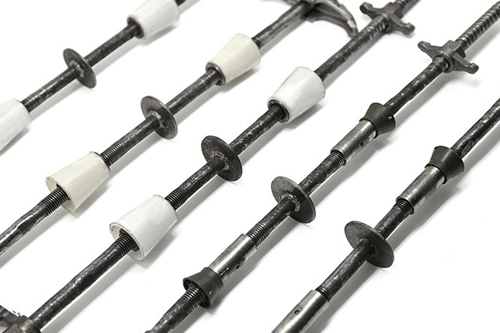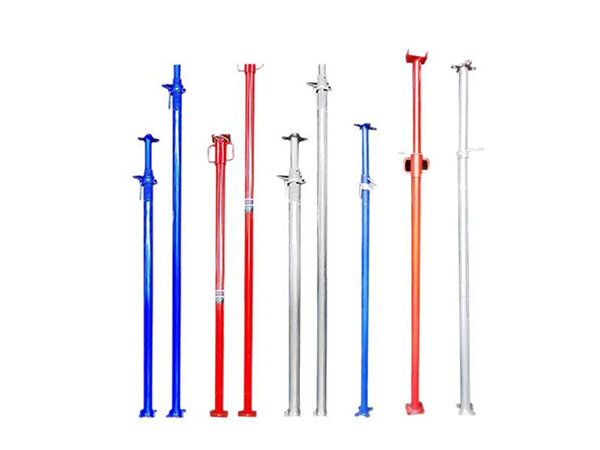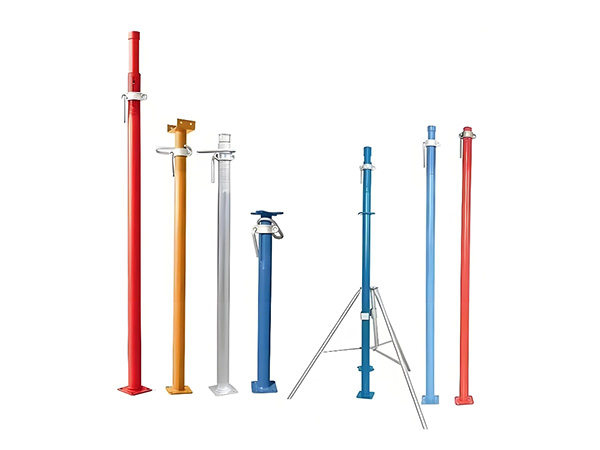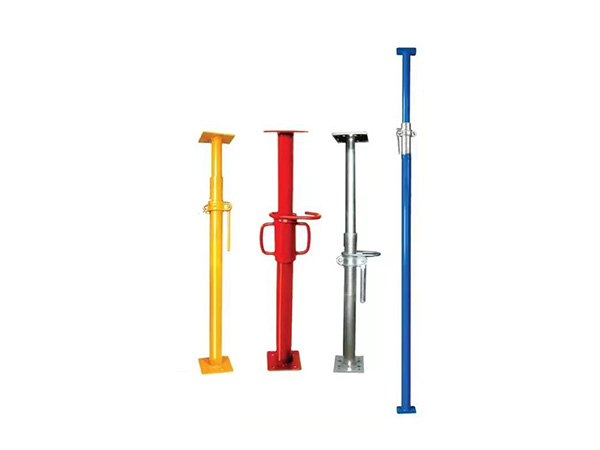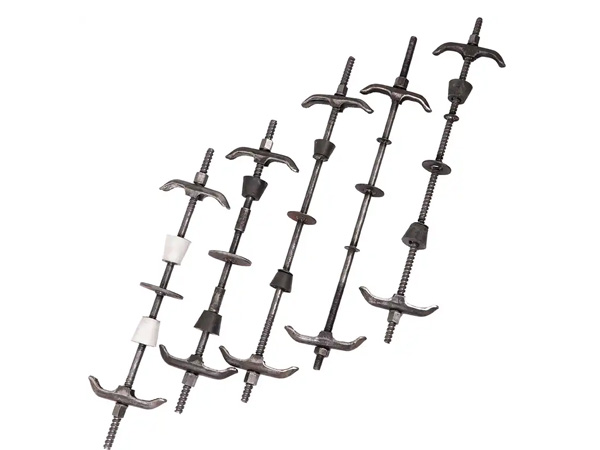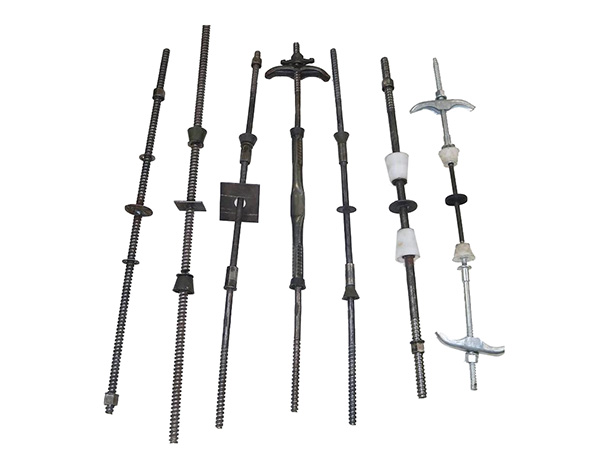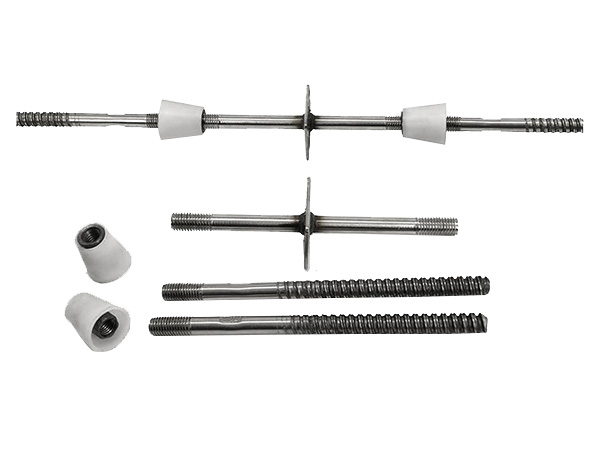- Site Navigation -
NEWS LIST
Common materials of Wall-Tie Bolt
Author:yicheng Date:2025-09-03 16:23:39 Hits:151
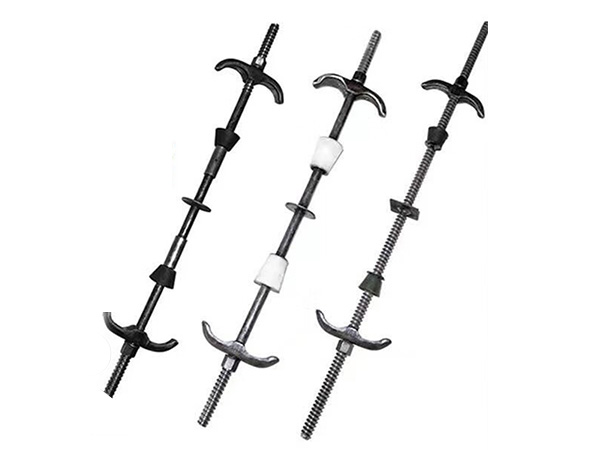
Common materials of Wall-Tie Bolt
The material selection of Wall-Tie Bolt needs to be combined with the use scenarios(such as waterproof,load-bearing,corrosive environment),mechanical requirements and cost budget,common materials are mainly divided into steel,stainless steel,and a small number of materials for special scenarios,the specific classification and characteristics are as follows:1.Steel(most commonly used,cost-effective)Steel is the mainstream choice for ordinary construction sites,the core advantages are high strength,low cost,and can improve rust resistance through surface treatment,mainly including:Q235 carbon structural steel:commonly known as"general carbon steel",with a tensile strength of about 235MPa,suitable for indoor walls(such as civil building interior walls,floor slab formwork)without waterproof and strong corrosion.The surface is often hot-dip galvanized or cold-galvanized(zinc layer thickness 8-15μm),which has a good short-term rust prevention effect and is easy to rust in long-term open-air storage.Q355 low-alloy high-strength steel:The tensile strength reaches 355MPa,which is more than 40%higher than that of Q235,and is suitable for scenarios with thick walls and high side pressure(such as basement non-waterproof walls,civil air defense projects).Some will be phosphating(forming a phosphate protective film)or applied with anti-rust paint,taking into account both strength and rust resistance,and the cost is slightly higher than that of Q235.2.Stainless steel(corrosion resistance,suitable for special environments)Stainless steel has excellent rust resistance due to its chromium,nickel and other alloying elements,and is suitable for damp,wading or strong corrosion scenarios,but the disadvantage is that the cost is higher:304 stainless steel:contains 18%chromium and 8%nickel,resistant to weak acid,weak alkali and freshwater corrosion at room temperature,and is often used in waterstop screws for wading walls such as pools and toilets,or construction sites in coastal areas(to avoid sea breeze salt erosion).The tensile strength is about 520MPa,which can meet most load-bearing needs,and the surface does not require additional anti-rust treatment.316 stainless steel:molybdenum element is added on the basis of 304,which has stronger corrosion resistance and can resist the strong acid and alkali environment of seawater and chemical workshops,and is only used in special industrial projects(such as chemical storage tanks,marine engineering walls),and is rarely used in daily civil construction,and the cost is about 1.5-2 times that of 304.3.Other special materials(niche scenarios)High-strength alloy structural steel(such as 45#steel):after quenching and tempering(quenching+tempering),the tensile strength can reach more than 600MPa,suitable for ultra-thick walls(such as concrete retaining walls)or heavy formwork with extremely high requirements for screw strength,but it needs to be combined with strict anti-rust measures(such as chrome plating)to avoid the problem that the steel is easy to rust after quenching and tempering.Plastic material(PVC/PP):only used in temporary and light-load scenarios(such as temporary fence formwork),low strength(tensile strength about 50-80MPa),easy to age,the advantage is light weight,no need to prevent rust,and can be directly separated from the concrete after one-time use,without dismantling,and the cost is extremely low.





